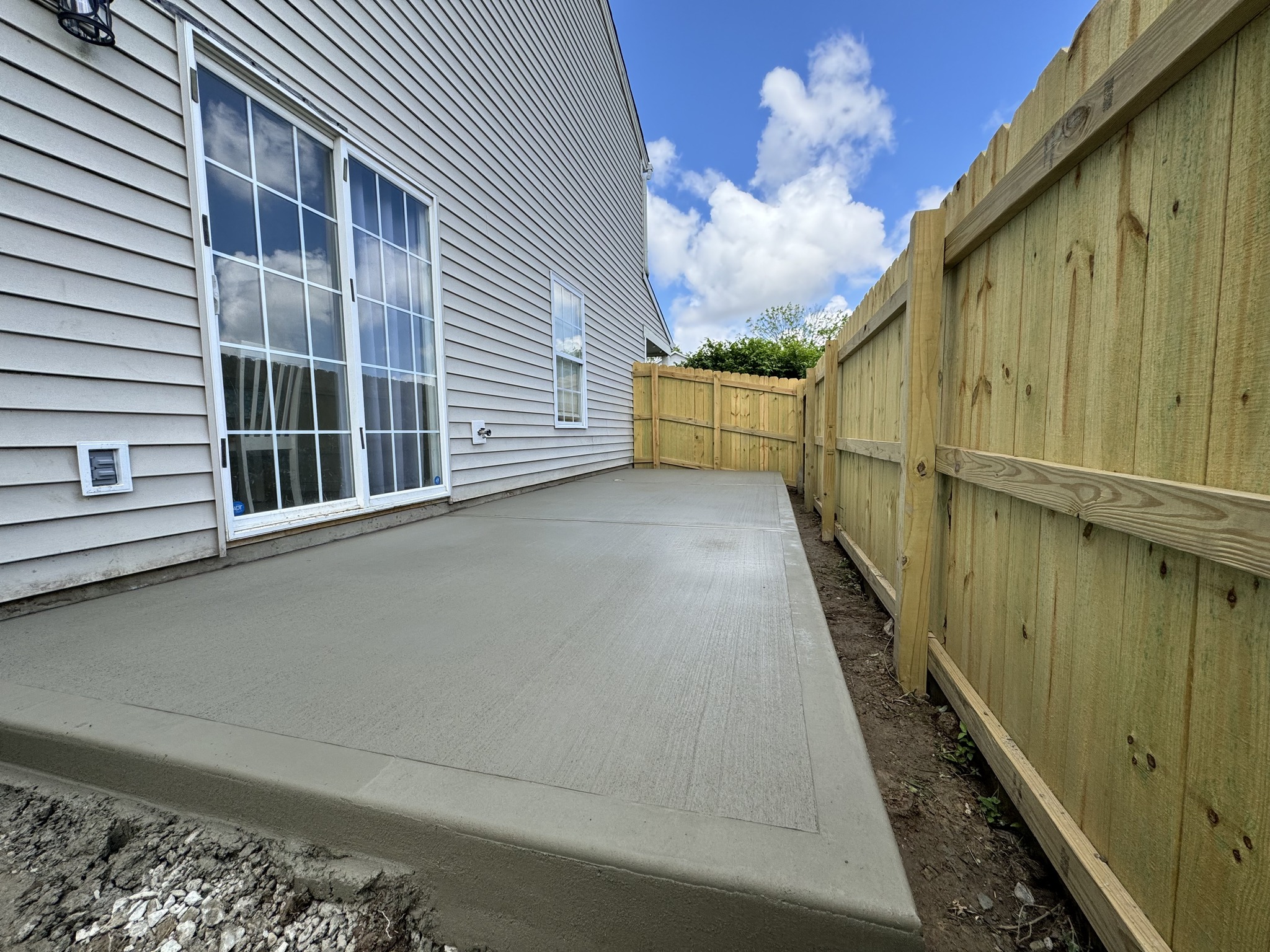
The Top Benefits of Using Concrete for Eco-Friendly Driveways Jul 31, 2025
One of the primary benefits of using concrete for eco-friendly driveways is its sustainability. Concrete is composed of natural materials, including water, sand, and gravel. These materials are abundant and have a lower environmental impact during extraction and production compared to other construction materials. Moreover, concrete production techniques have continuously evolved to minimize emissions and energy consumption, making them more eco-friendly than ever before.
Concrete driveways are highly durable, resisting wear and tear over time. Unlike alternative materials that may need frequent replacements, properly installed concrete driveways last for decades with minimal maintenance. This longevity reduces the need for materials and energy associated with frequent replacements, ultimately minimizing the overall environmental footprint.
Additionally, concrete is a heat-reflective material. Many traditional driveway materials, like asphalt, absorb and retain heat, contributing to urban heat islands, which increase the local temperature. Concrete, however, reflects sunlight, helping to keep surrounding areas cooler and reducing the need for air conditioning in adjacent buildings. This property makes concrete an excellent choice for comfortably maintaining outdoor areas during warmer months.
A significant yet often overlooked environmental benefit of concrete is its ability to improve water management. Permeable concrete, a variant with specialized design features, enables rainwater to pass through its surface, reducing runoff. By allowing water to naturally filter into the ground, permeable concrete can decrease flooding risks and recharge groundwater supplies, contributing significantly to sustainable water management practices.
Beyond its environmental advantages, concrete also offers a customizable aesthetic appeal. With a variety of finishes, colors, and design options available, homeowners can tailor their driveways to complement their home's style while enjoying ecological benefits. Stamped concrete, for example, mimics the appearance of stone or pavers without the environmental cost associated with quarrying and transporting those materials.
Furthermore, the low maintenance demands of concrete driveways provide additional savings in both resources and cost. Concrete’s durability means fewer repairs are necessary, and simple periodic cleaning can often keep a driveway looking pristine. This reduces the consumption of both cleaning products and water, contributing further to environmental conservation.
In conclusion, choosing concrete for your driveway is a smart decision not just for your property, but also for the environment. With its sustainable production, long lifespan, heat-reflective capabilities, and water management benefits, concrete stands as a leading eco-friendly option. For customers of H&R Concrete, it promises a blend of aesthetic versatility, economic efficiency, and environmental consciousness. Opting for a concrete driveway is not just a step toward enhancing the curb appeal of your home, but also a commitment to supporting a healthier, more sustainable planet. By making the choice for concrete, you're investing in a future that prioritizes ecological balance and efficiency.
/filters:no_upscale()/media/203210ff-094f-42a2-9093-cbf56f3c2f93.webp)
/filters:no_upscale()/filters:format(webp)/media/c072d2dd-6e4a-4753-97df-7a6e43b11ff1.jpg)